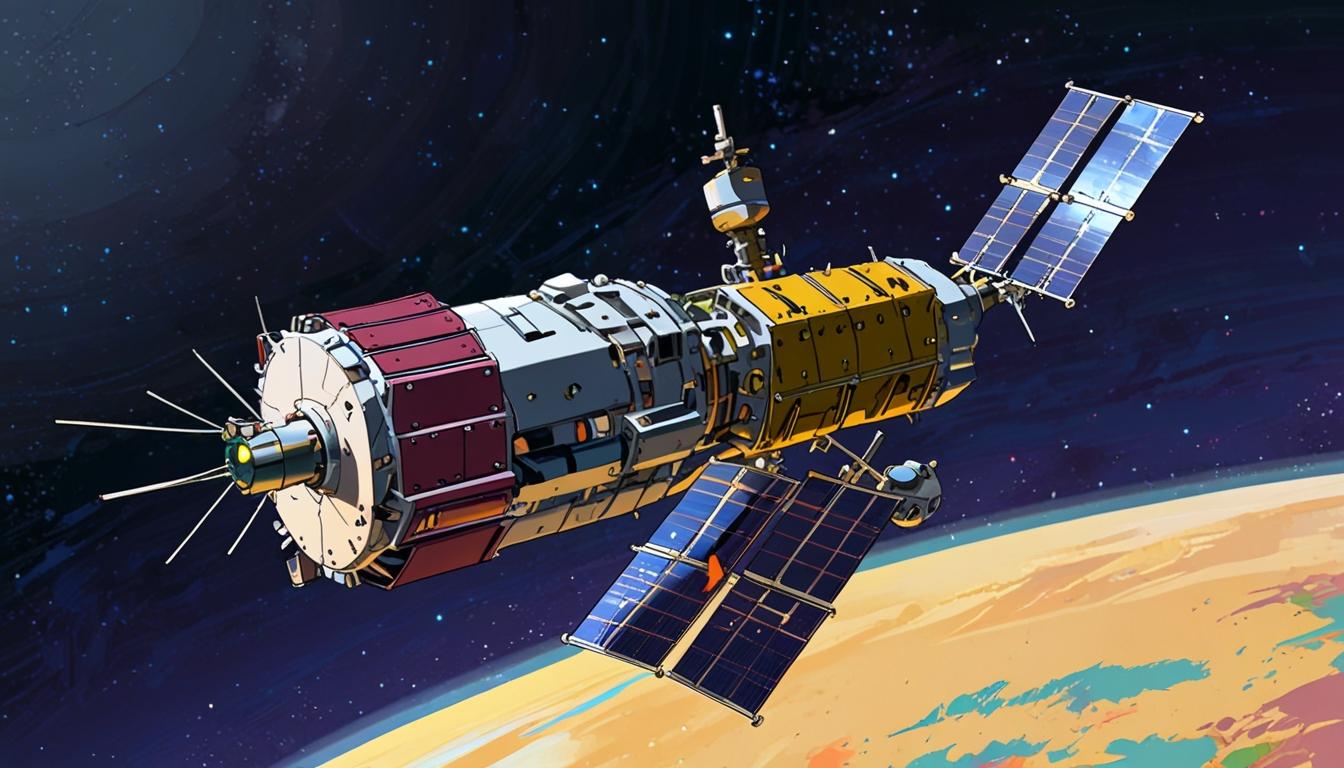Space Machines Company (SMC), an Australian space technology firm, is pioneering an innovative approach to satellite servicing that could transform the aerospace industry. Established in 2019, SMC specialises in developing advanced hardware and software systems to monitor, maintain, and safeguard satellites in orbit, ensuring the continued operation of vital global infrastructures such as GPS, telecommunications, and financial networks.
Operating out of Sydney, with manufacturing facilities there and operations in Adelaide and Bangalore, SMC has developed a capability known as “OrbitSide Assist.” This system functions similarly to roadside assistance but for satellites, providing on-demand monitoring and maintenance support. The technology enables satellite operators to quickly identify and respond to problems, reducing the need for costly, time-consuming repairs or satellite replacements.
Rajat Kulshrestha, CEO and co-founder of SMC, explained the company’s focus: “How do we protect the satellites we have? How do we understand what might have gone wrong with them? How do we make sure there’s not a lot of debris being created in space? We build space systems that focus on making sure that the satellites we have that service are safeguarded.”
A significant advancement in SMC’s service offering is their Optimus spacecraft, designed to provide physical inspection and potential repairs in orbit. Optimus, first developed five years ago, was the largest satellite ever constructed in Australia. Building on this experience, SMC is progressing with the Optimus Viper, a more streamlined and cost-effective variant scheduled for launch next year aboard an Indian Small Satellite Launch Vehicle (SSLV).
Aside from servicing satellites, SMC places a strong emphasis on the sustainability of space operations. The company is heavily involved in the “Space Maitri” project, supported by an $8.5 million grant from the Australian Government under the Australian Space Agency’s International Space Investment India Projects program. Space Maitri represents a collaborative initiative between India and Australia aimed at promoting space sustainability through debris management, data-sharing, and supply chain cooperation.
Kulshrestha outlined the project goals, saying: “Space Maitri is a project where we will be flying one of our Optimus Viper satellites aboard a dedicated Indian rocket. This initiative aims to promote sustainability in space by sharing data on space debris behaviour and exploring ways to manage and remove it in the future. It also focuses on improving data-sharing between India and Australia and fostering collaboration within the supply chains and manufacturing ecosystems of both countries.”
The Space Maitri satellite will demonstrate its debris management capability by releasing and recapturing an object in orbit, contributing to research that may one day enable active debris removal. The mission also includes inspecting other debris to better understand its behaviour in orbit.
SMC’s manufacturing operations heavily leverage modern technologies such as 3D printing and CNC machinery, facilitating cost-effective production while maintaining rigorous quality and safety standards. The company currently employs 45 staff and is working towards scaling up to produce 20 spacecraft annually by 2027. Sustainability is embedded in their manufacturing ethos through optimised testing processes, resource efficiency, and sourcing practices, with a paramount focus on safety to prevent the creation of additional debris or hazards during spacecraft operation or re-entry.
Looking ahead, SMC aims to complete the Space Maitri missions and expand the deployment of its Optimus spacecraft. The company envisions a future where satellite servicing is rapid and responsive, significantly reducing downtime and the economic impact of satellite failures.
“Our key focus is building sovereign capability in Australia by emphasising what we excel at,” Kulshrestha noted. “While we may not compete on labour costs, we can lead in developing innovative, high-value technology. Our goal is to combine international supply chains with Australia’s manufacturing expertise and innovation, creating circular supply chains.”
Through its combination of technological innovation, international collaboration, and sustainable practices, Space Machines Company is positioning itself as a leader in the next wave of space exploration and satellite servicing. Their work not only addresses the immediate operational challenges faced by satellite operators worldwide but also sets a foundation for the longer-term sustainability of the increasingly congested space environment.
Source: Noah Wire Services
